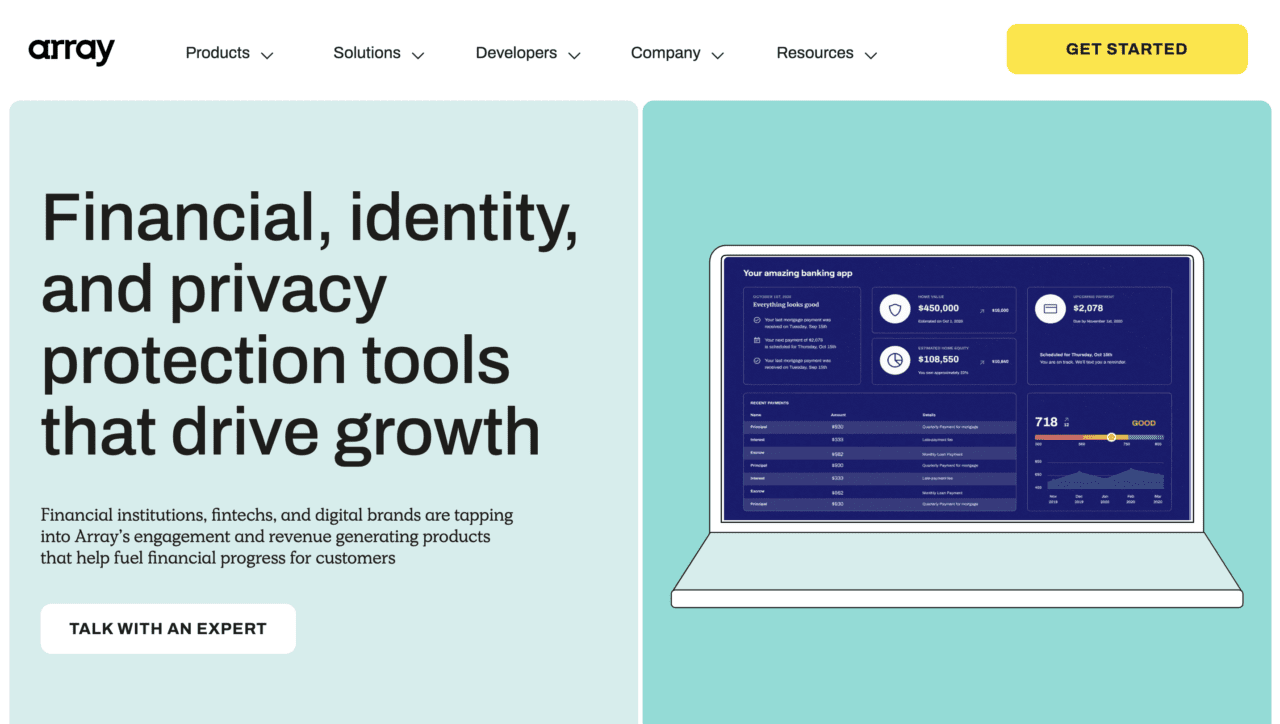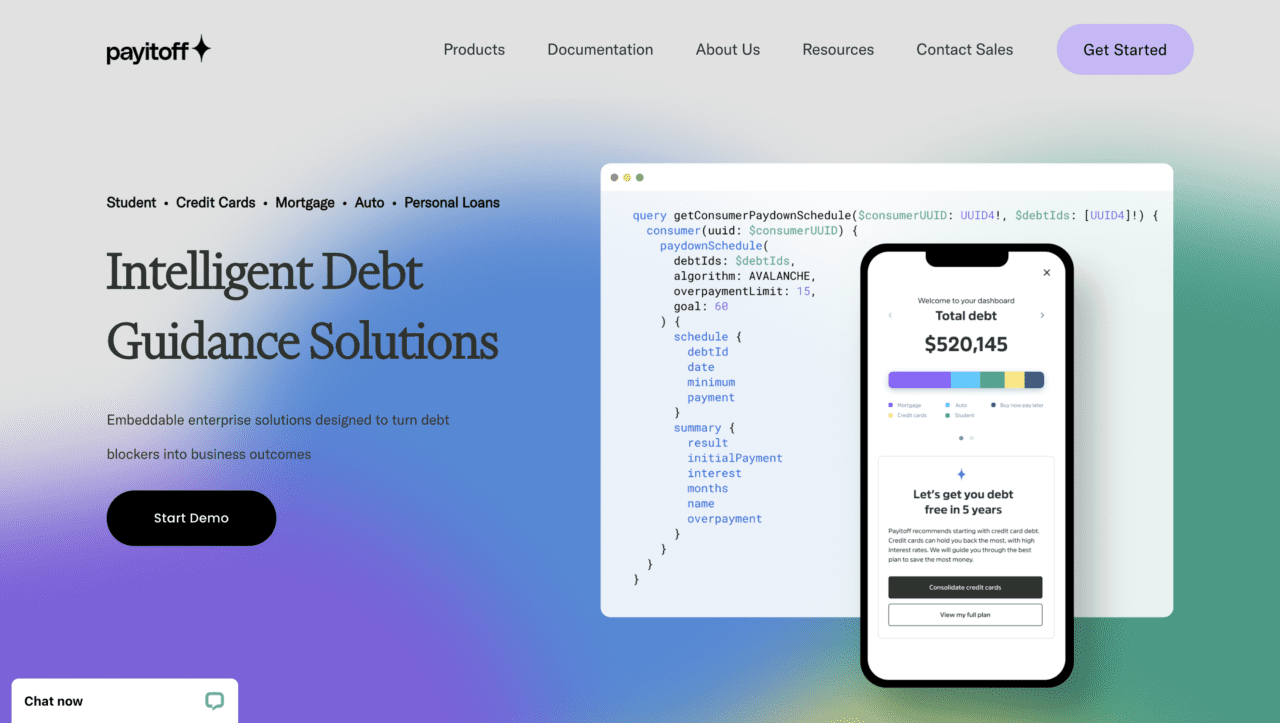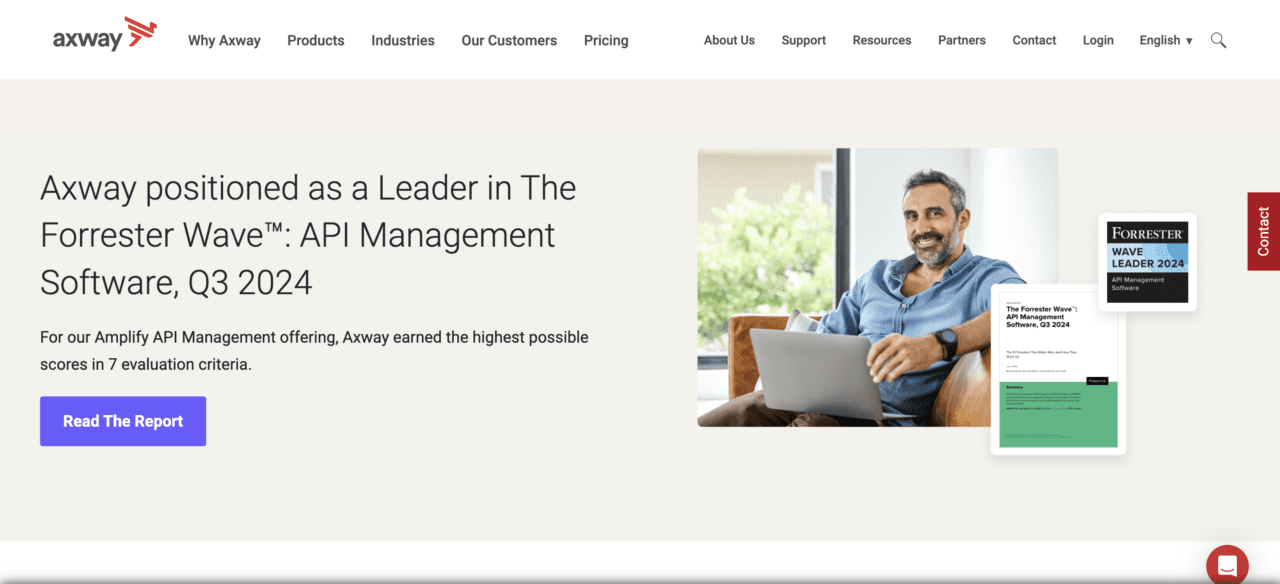
- Cloud banking platform nCino has agreed to acquire Client Lifecycle Intelligence platform FullCircl. The purchase price is $135 million, subject to customary adjustments.
- The acquisition comes a year after the two first forged a partnership in July 2023.
- Wilmington, North Carolina-based nCino made its Finovate debut at FinovateEurope 2017 in London.
In a deal valued at $135 million, banking solutions provider nCino has agreed to acquire U.K.-based Client Lifecycle Intelligence (CLI) platform, FullCircl. The acquisition comes a year after the two companies forged a partnership that combined FullCircl’s advanced data capabilities with nCino’s cloud banking platform.
“The acquisition of FullCircl is a strategic move for nCino that will not only enhance our data and automation capabilities, but also enables us to expand our reach across the U.K. and more broadly in Europe with an end-to-end experience for full client lifecycle management,” nCino CEO and Chairman Pierre Naudé said. “Having worked closely with the FullCircl team for some time now, we recognized the value our joint technology can deliver, and this acquisition marks an exciting step forward in our mission of driving innovation and powering a new era in financial services.”
nCino and FullCircl first partnered last year to improve the efficiency and profitability of acquiring, onboarding, and servicing SME customers. The collaboration set out to cut onboarding times, increase efficiency in credit operations, accelerate revenue growth, and win and retain more SME customers. Today’s acquisition announcement creates a new, end-to-end client lifecycle management experience that integrates customer acquisition and onboarding, KYC and KYB, as well as rules-based monitoring.
“We have been working with the nCino team for several years, and the close alignment in both organizations across vision, culture, customers, product, and market opportunity have contributed to this exciting acquisition making perfect sense,” FullCircl CEO and Cofounder Andrew Yates said. “We both serve regulated industries who walk a tightrope between a strict operating rulebook and a mandate to deliver growth and shareholder value, all while providing a seamless client experience.”
Founded in 2011, London-based FullCircl offers a Customer Lifecycle Intelligence (CLI) platform that helps companies in regulated industries better manage a variety of key business challenges. Via its applications, proprietary ‘graph’ technology, intelligent rules-based decision engine and APIs, FullCircl derives millions of actionable insights daily on entities from 160 countries. This enables the platform to provide a near real-time record of companies, corporate officers and shareholders, and the relationships between them. With more than 700 customers and 15,000+ users, the firm processes more than 300 million onboarding and monitoring transactions per month and facilitates the onboarding of more than 200,000 customers a year.
nCino made its Finovate debut at FinovateEurope 2017 in London. Headquartered in Wilmington, North Carolina, and founded in 2012, the company currently delivers innovative banking experiences to more than 1,800 customers around the world, including community banks, credit unions, and independent mortgage banks, as well as some of the largest financial institutions in the world.
nCino began the month inking a partnership with Tokushima Taisho Bank. The Japan-based financial institution chose nCino’s Commercial Banking Solution to bring greater efficiency and increased value to its business lending operations. Other recent partnerships with nCino include the company’s work to enhance corporate lending at Netherlands-based bank ABN AMRO and its agreement to automate loan origination processes and expand portfolio management capabilities for U.K. specialist bank Shawbrook.
nCino is a publicly-traded company on the NASDAQ exchange under the ticker NCNO. The firm has a market capitalization of $4 billion.













